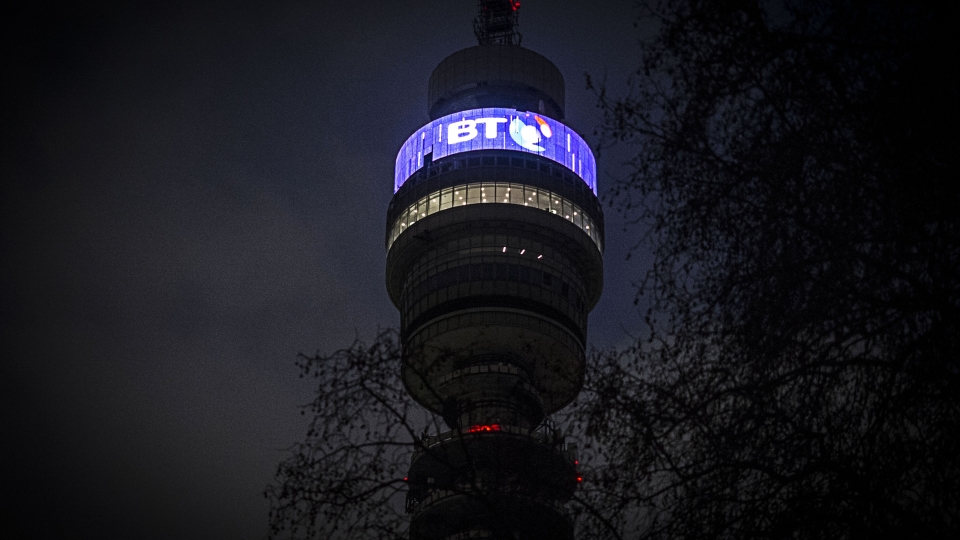
As BT's new CEO Philip Jansen prepares to take the reins from Gavin Paterson tomorrow, the company continues to see sales at its Enterprise and Global Service businesses go down the drain. The company has issued its trading update for the third quarter that shows sales at Global Services were down 5% to £1.2bn, Enterprise down 6% to £1.56bn, along with Openreach falling 9% to £1.26bn.
Overall Q3 revenue was down 1% year-on-year to £5.98bn, with the consumer division's 4% increase in sales helping to soften the blow of the faltering business divisions.
The departing Gavin Patterson maintained: “We have continued to deliver consistently against our strategic objectives in a tough market, resulting in another sound quarter of operational and financial performance. “Our overall outlook for the full year remains unchanged, with EBITDA around the top end of our guidance for FY 2018/19. We continue to expect regulation, market dynamics, cost inflation and legacy product declines to impact in the short term, before being more than offset by improved trading and cost transformation by our 2020/21 financial year.”
So that's a potential two-year wait before BT shareholders can perhaps start to make hay again.
In Enterprise, BT said revenue decline was “mainly driven by the decline in the fixed voice market, where we are seeing a steeper than expected reduction in calls per fixed line, in part as usage moves to mobile and IP”.
In Global Services, the company said the sales fall “was mainly driven by our strategic decision to reduce low margin business”. Whilst the impact of divestments did not have a “significant impact in the quarter”, it said they will have “a greater impact going forwards”.
Order intake was “down for the quarter” and “reflecting a continued shift in buyer behaviour, including shorter contract lengths and increased usage-based terms”. However, the division did report a 4% annual increase in EBITDA to £147m, as previously announced restructuring and cost-cutting measures started to have a positive effect on the bottom line.
For Openreach, the decline was partly driven by around £180m of regulated price reductions on the company's FTTC and Ethernet products, along with higher operating costs like increasing engineer wages and wider training for apprentices.


